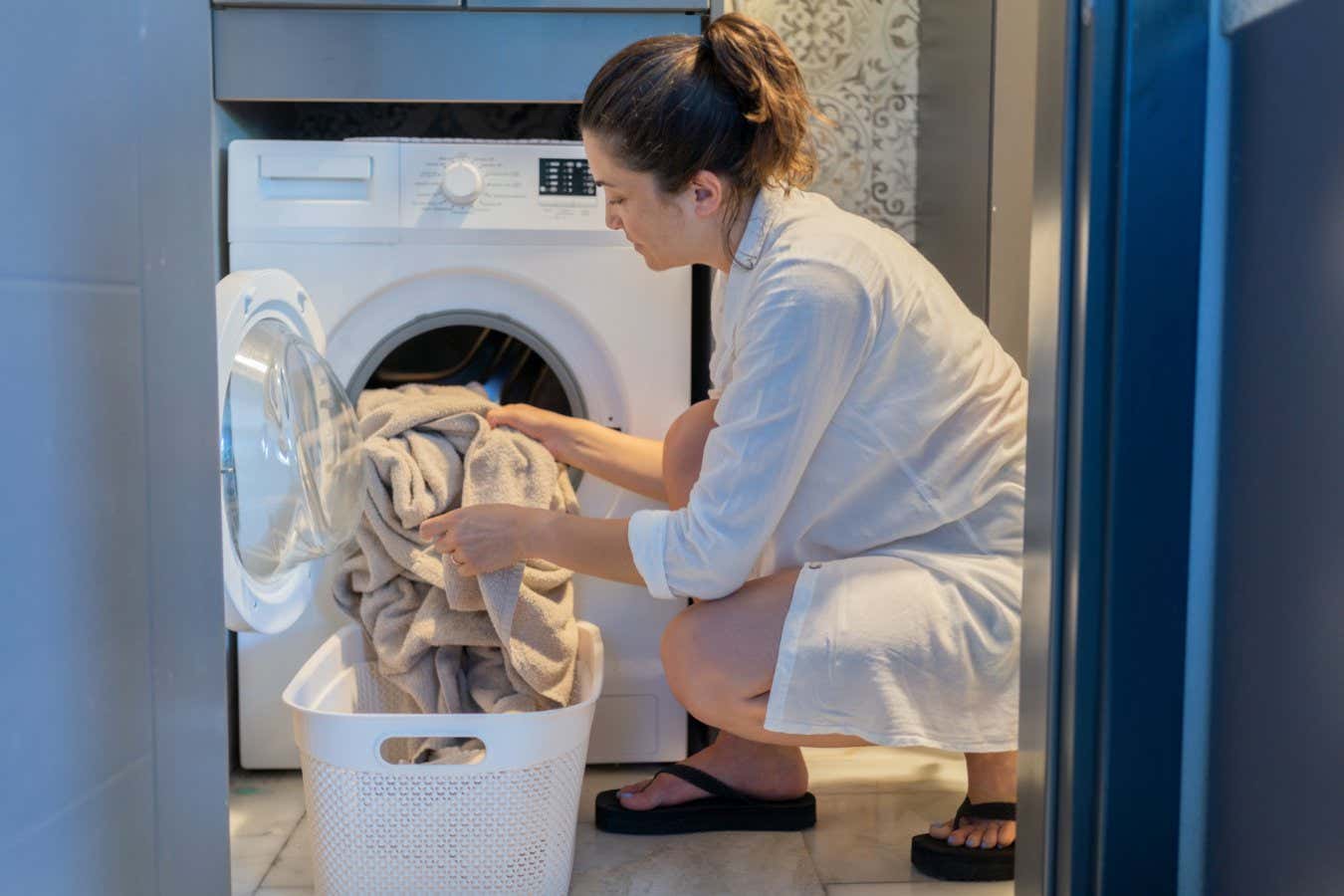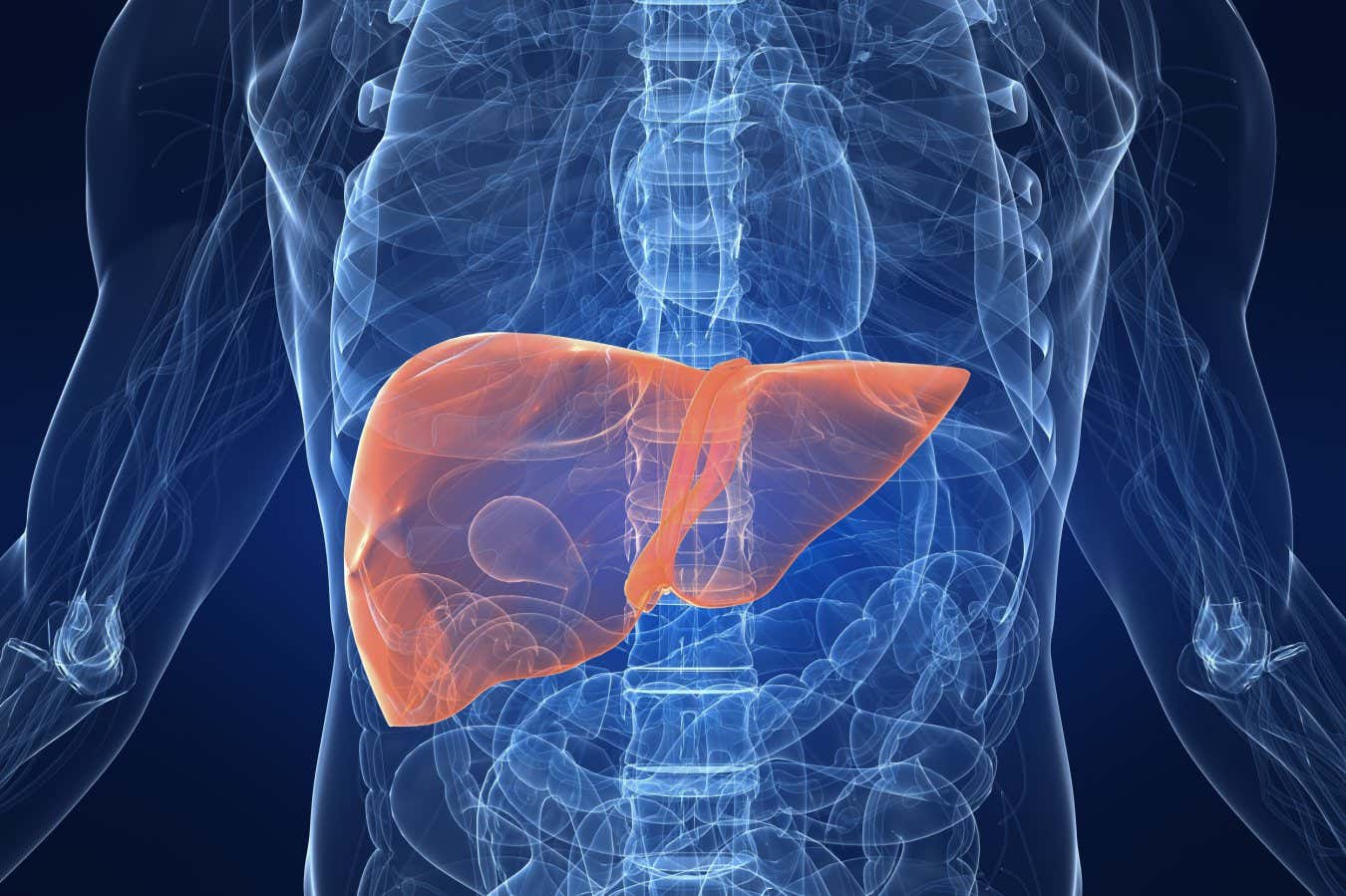Now Reading: Does Your Washing Machine Truly Eliminate Harmful Bacteria?
-
01
Does Your Washing Machine Truly Eliminate Harmful Bacteria?
Does Your Washing Machine Truly Eliminate Harmful Bacteria?

Quick Summary:
- Research findings: Washing clothes in home washing machines, even at 60°C (140°F), frequently enough fails too fully disinfect clothing and remove harmful bacteria.
- Study methodology: Researchers tested six home washing machine models with fabric samples contaminated by Enterococcus faecium, a bacterium causing infections like urinary tract infections.
- Key results:
– Half of the machines failed to cut bacteria numbers by at least 90% on rapid cycles at 60°C.
– One-third failed during standard cycles due to machines not maintaining or reaching intended temperatures.
- Antibiotic resistance concerns: DNA analysis revealed that microorganisms in washing machines may develop resistance to detergents over time, possibly contributing to hospital-acquired infections and antibiotic resistance.
- Recommendations: Regular use of disinfectants, running a cleaning cycle at 90°C (194°F), and using descalers can help reduce bacterial presence inside washing machines.
!campaign=RSS%7CNSNS&utmsource=NSNS&utmmedium=RSS&utm_content=home”>Read More
Indian Opinion Analysis:
The research highlights critical implications for hygiene practices worldwide, including India. With densely populated urban areas and increasing reliance on home appliances like washing machines, ensuring proper disinfection methods is essential. The study suggests serious gaps in public awareness about how machine settings interact with temperature maintenance-a concern relevant where outdated or low-cost models are prevalent.
In sectors like healthcare that rely heavily on effective sterilization methods, India needs robust guidelines similar to NHS England’s recommendations for cleaning uniforms. This issue impacts both hygiene standards and the wider concern about antibiotic-resistant microbes-a growing threat in Indian hospitals grappling with rising cases of drug-resistant infections.
Consumers and policymakers must prioritize educating users on proper appliance handling while encouraging manufacturers to improve technology for accurate temperature control.Integrating these findings into broader discussions about antimicrobial resistance ensures long-term health safety benefits across communities.





















